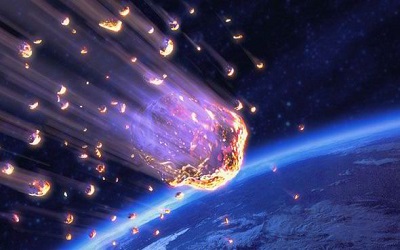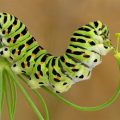PTE考生目前最大的问题之一就是练习题缺乏。除了有限的基本官方书(PLUS,Testbuilder, OG)之外,就没有题了。很多英语基础不是很扎实的同学很难找到练习材料。墨尔本文波雅思PTE培训学校专门为墨尔本,悉尼PTE考生准备了适合PTE听力阅读练习的科学60秒。各位PTE同学可以练习PTE听力中的summarise spoken text和PTE口语中的retell lecture,PTE听力口语-科学60秒-Frosty Moss练习记笔记技巧和复述。废话少说,下面开始:
60秒科学:Meteor-Storm-Went-from-Sizzle-to-Fizzle
听力内容:
60秒科学节目(SSS)是科学美国人网站的一套广播栏目,英文名称:Scientific American – 60 Second Science,节目内容以科学报道为主,节目仅一分钟的时间,主要对当今的科学技术新发展作以简明、通俗的介绍,对于科学的发展如何影响人们的生活环境、健康状况及科学技术,提供了大量简明易懂的阐释。
What if they held a meteor storm and no meteors came? That’s what many people are asking after the well-hyped May Camelopardalids meteor outburst turned out to be a dud.
Most meteors arise from mere dust grains and pebbles in space. When Earth passes through a stream of this debris shed by a comet, the particles burn up in our atmosphere, and we see a meteor shower.
Some astronomers had predicted that on the night of May 23, particles from a comet called LINEAR would bring many meteors to the night sky. North America had the best seats for the event.
And so a lot of people watched and waited. But no one saw much.
Meteor showers are common, and the best produce about a hundred meteorsper hour. But meteor storms, which can send out thousands of meteors per hour, are rare and notoriously unreliable.
Not only can predicted storms go bust, but great storms can erupt without warning. In November 1966, the normally weak Leonids surprised everyone and roared back to life, producing more than 100,000 shooting stars in a single hour.
You can still count on astronomers to tell you exactly when the next eclipse will be. But if they ever promise you a meteor storm, you should take it with a grain of, well, meteor dust.





